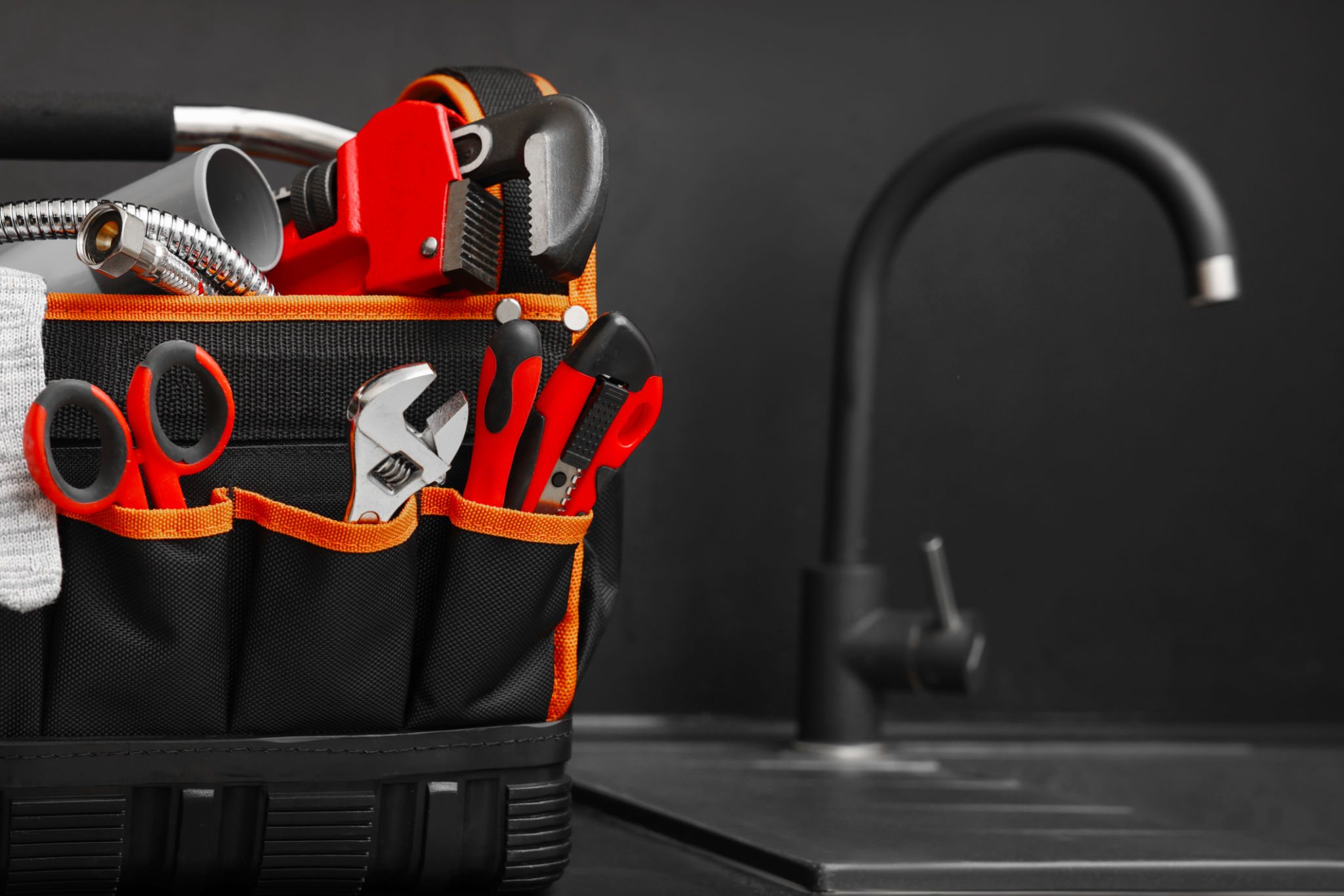Seattle Plumbing Regulations: What Homeowners Need to Know
Understanding Seattle Plumbing Regulations
For homeowners in Seattle, staying informed about local plumbing regulations is crucial to maintain a safe and efficient home. Seattle's plumbing code is designed to ensure that all plumbing installations and repairs meet specific safety and health standards. This guide will help you navigate the key aspects of these regulations.

Permits and Inspections
Before starting any plumbing project, it is essential to understand the permit requirements. In Seattle, most plumbing work requires a permit, whether it's a new installation or a major repair. This ensures that all work complies with local codes and standards. Once the work is completed, an inspection is typically required to verify compliance.
Homeowners should note that minor repairs, such as replacing faucets or fixing leaks, usually do not require a permit. However, for more extensive projects like adding new plumbing fixtures or remodeling, obtaining the necessary permits is mandatory.
Licensed Plumbers
When hiring a plumber in Seattle, it is important to ensure they are licensed by the state of Washington. Licensed plumbers have undergone rigorous training and testing to ensure they are qualified to perform plumbing work safely and effectively. Using an unlicensed plumber can result in subpar work and potential legal issues.

Water Conservation Standards
Seattle places a strong emphasis on water conservation. Plumbing regulations include specific requirements for water-efficient fixtures, such as low-flow toilets and faucets. These standards help reduce water consumption and promote sustainability within the community.
Homeowners are encouraged to install water-saving devices and regularly check for leaks to prevent water wastage. By adhering to these standards, you contribute to Seattle's environmental goals while also lowering your utility bills.
Backflow Prevention
Backflow prevention is another critical aspect of Seattle's plumbing regulations. Backflow occurs when contaminated water flows back into the clean water supply, posing a serious health risk. To prevent this, backflow prevention devices must be installed and tested regularly.

These devices are particularly important for properties with irrigation systems, swimming pools, or fire suppression systems. Ensuring proper installation and maintenance of backflow preventers is essential for protecting public health.
Staying Informed and Compliant
Staying informed about Seattle's plumbing regulations can save homeowners from potential fines and costly repairs. Regularly reviewing the Seattle Department of Construction and Inspections website can provide updates on any changes or new requirements.
Additionally, consulting with a licensed plumber for advice on compliance and best practices can help ensure your home's plumbing system remains safe and efficient.
Conclusion
Navigating Seattle's plumbing regulations may seem daunting at first, but understanding these key aspects will help homeowners maintain a well-functioning and compliant plumbing system. By obtaining the necessary permits, hiring licensed professionals, and adhering to conservation standards, you can confidently manage your home's plumbing needs.
Remember that ongoing education and proactive maintenance are your best allies in keeping your household running smoothly while contributing to Seattle's sustainability efforts.